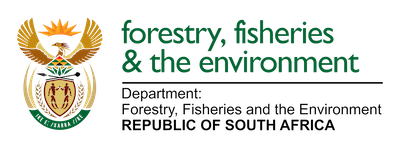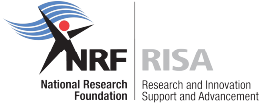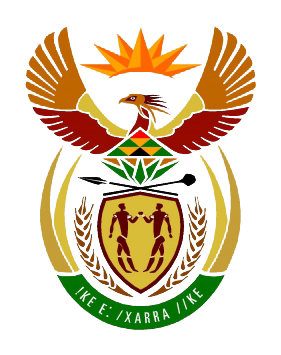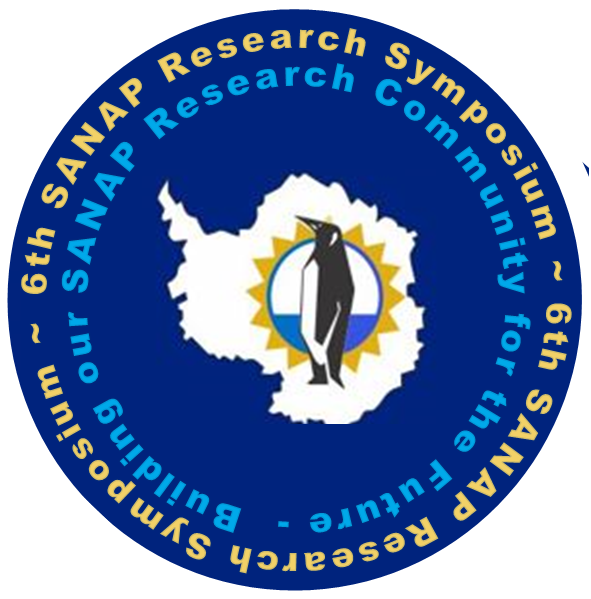
by Ria Olivier | Dec 12, 2023 | International Days, Research, SA Polar Research Infrastructure, SANAP, SANAP Student, SAPRI, SCAR, Science, SEAmester
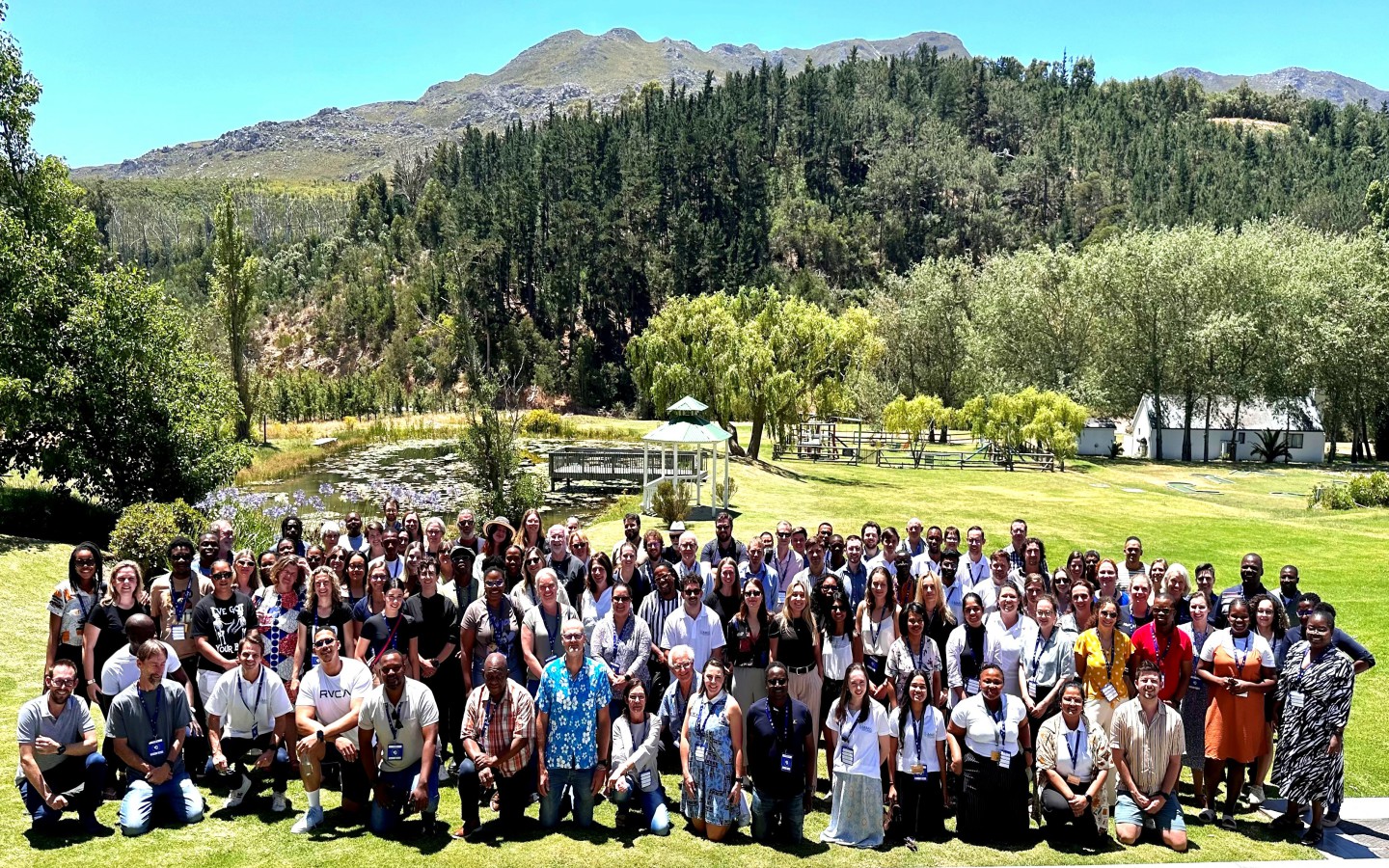 Over a period of 5 days 172 people participate in the 6th SANAP symposium. A lot has happened in the past 4 years since the last symposium in Hermanus in 2018 and feedback on research and other activities within SANAP featured on the program. The symposium was hosted by Stellenbosch University at Houw Hoek Hotel in the Grabouw valley where the participants built on a SANAP Research community for the future.
Over a period of 5 days 172 people participate in the 6th SANAP symposium. A lot has happened in the past 4 years since the last symposium in Hermanus in 2018 and feedback on research and other activities within SANAP featured on the program. The symposium was hosted by Stellenbosch University at Houw Hoek Hotel in the Grabouw valley where the participants built on a SANAP Research community for the future.
The Symposium kicked off with a hybrid meeting of the South African national committee for SCAR and the first evening a keynote lecture was presented by Prof Jukka Tukhuri (Aalto University, Finland) on the discovery of Shackleton’s Endurance on a voyage of the SA Agulhas II. During the symposium keynote lectures and plenary talks were given by Dr Peter Convey of British Antarctic Survey, Dr Sue Tonin of Mouse Free Marion and Prof Marcello Vichi on the Polar Lab part of the South African Polar Research Infrastructure (SAPRI).
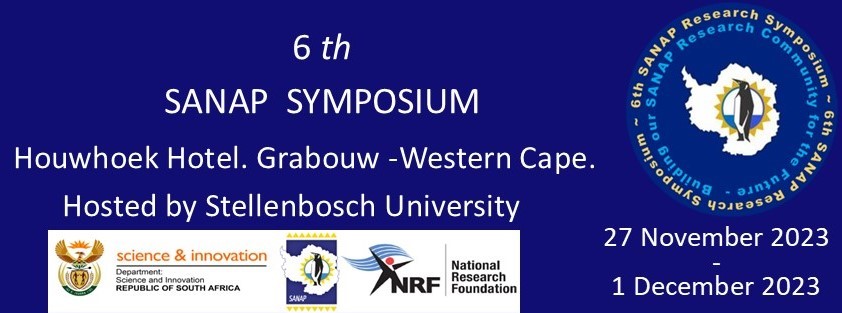 The purpose of the symposium was to facilitate the free exchange of scientific information within SANAP research. In the Marine and Antarctic Research strategy it states that: “The need for coordinated, extensive and targeted research in the marine and oceanic domain has been underlined. Coordination has become important as there has been a shift in marine science from resources and process studies that could be carried out by small groups or individuals to very large-scale regional climate and ecosystem studies, where the success, nooses and benefits lie in the coordination.” One of the strategies outlined is: “creation of a society informed on the value of marine and Antarctic research initiatives.”
The purpose of the symposium was to facilitate the free exchange of scientific information within SANAP research. In the Marine and Antarctic Research strategy it states that: “The need for coordinated, extensive and targeted research in the marine and oceanic domain has been underlined. Coordination has become important as there has been a shift in marine science from resources and process studies that could be carried out by small groups or individuals to very large-scale regional climate and ecosystem studies, where the success, nooses and benefits lie in the coordination.” One of the strategies outlined is: “creation of a society informed on the value of marine and Antarctic research initiatives.”
The following five thematic (vertical) areas were prioritised for research sessions and various principal investigators and researchers within SANAP chaired the sessions:
- Oceans and marine ecosystems under global change – Dr Rampai, Dr Fietz, Dr Thomalla, Dr Nicholson and Dr Lamont
- Earth systems observations – Prof Nel, Dr Lotz
- Ecosystems, biodiversity and biodiscovery – Prof Van Vuuren, Prof Cowan, Dr Greve, Prof Pistorius, Dr Wege,
- Innovation and development – Prof A Bekker
- Human Enterprise – Dr Lavery
Cross-cutting support interventions were discussed such as:
- Coordination and governance by Dr Gilbert Siko and Tracy Klarenbeek
- Human capital development and transformation chaired by Prof Ansorge
- Public awareness and engagement chaired by A Louw
- Research Infrastructure and platforms chaired by Dr T Morris
- Data management chaired by Dr Treasure
Feedback from SA National Committee for SCAR, APECSSA, SCALE expeditions and SEAmester were given and an evening session was held by the APECSSA committee where all the early career researchers that attended the symposium had great discussions. The newly established SAPRI was showcased to the SANAP community in cross discipline sessions on research infrastructure and platforms, data management and engagement, and a keynote lecture on the SAPRI Polar Lab that concluded all the research presentations
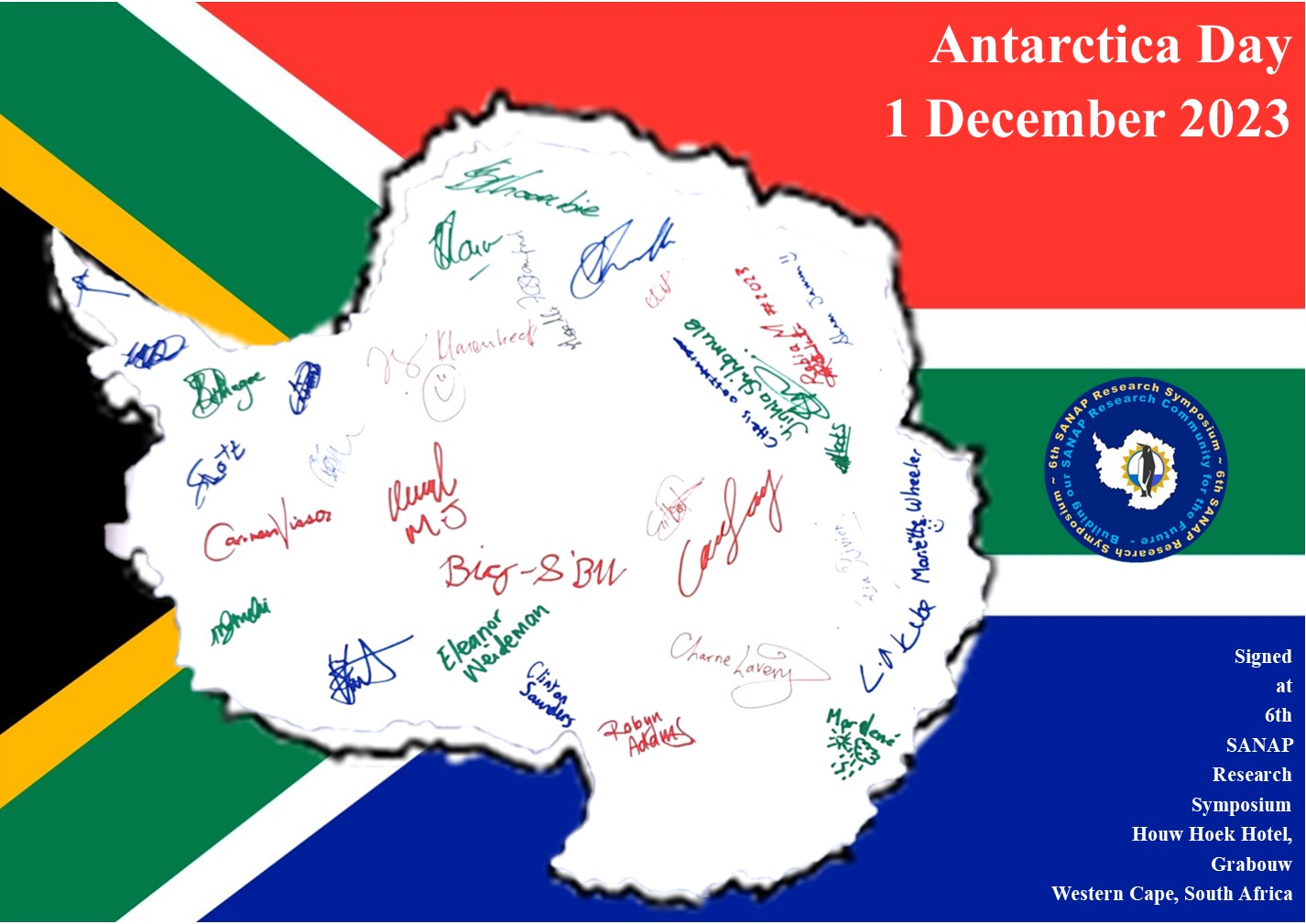
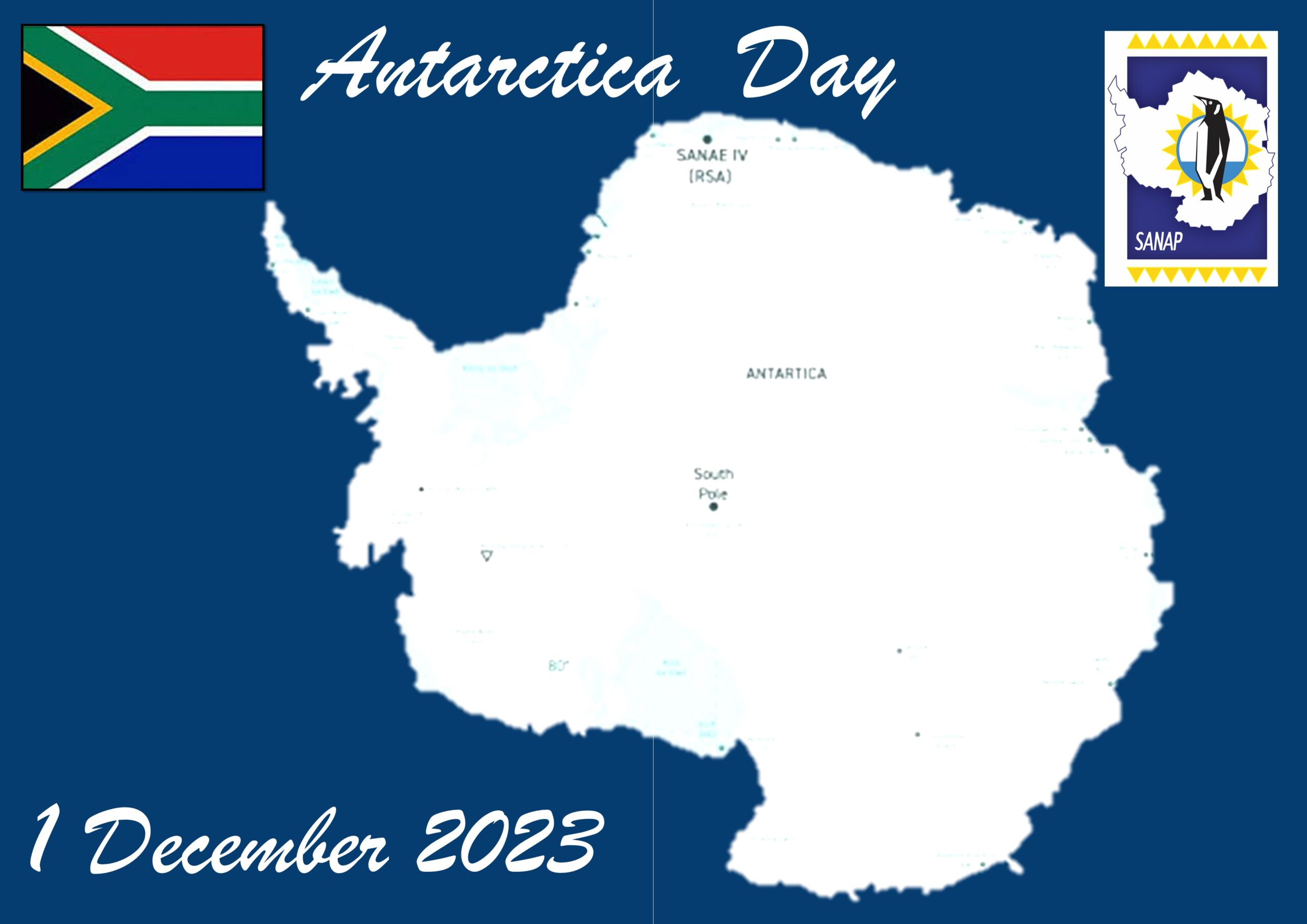 It was the first time that so many South African polar researchers were together on the 1st December on International Antarctic Day and a special Antarctic Breakfast took place to commemorate this International Day. A map of Antarctica, was signed and a cake was provided to celebrate the occasion.
It was the first time that so many South African polar researchers were together on the 1st December on International Antarctic Day and a special Antarctic Breakfast took place to commemorate this International Day. A map of Antarctica, was signed and a cake was provided to celebrate the occasion.
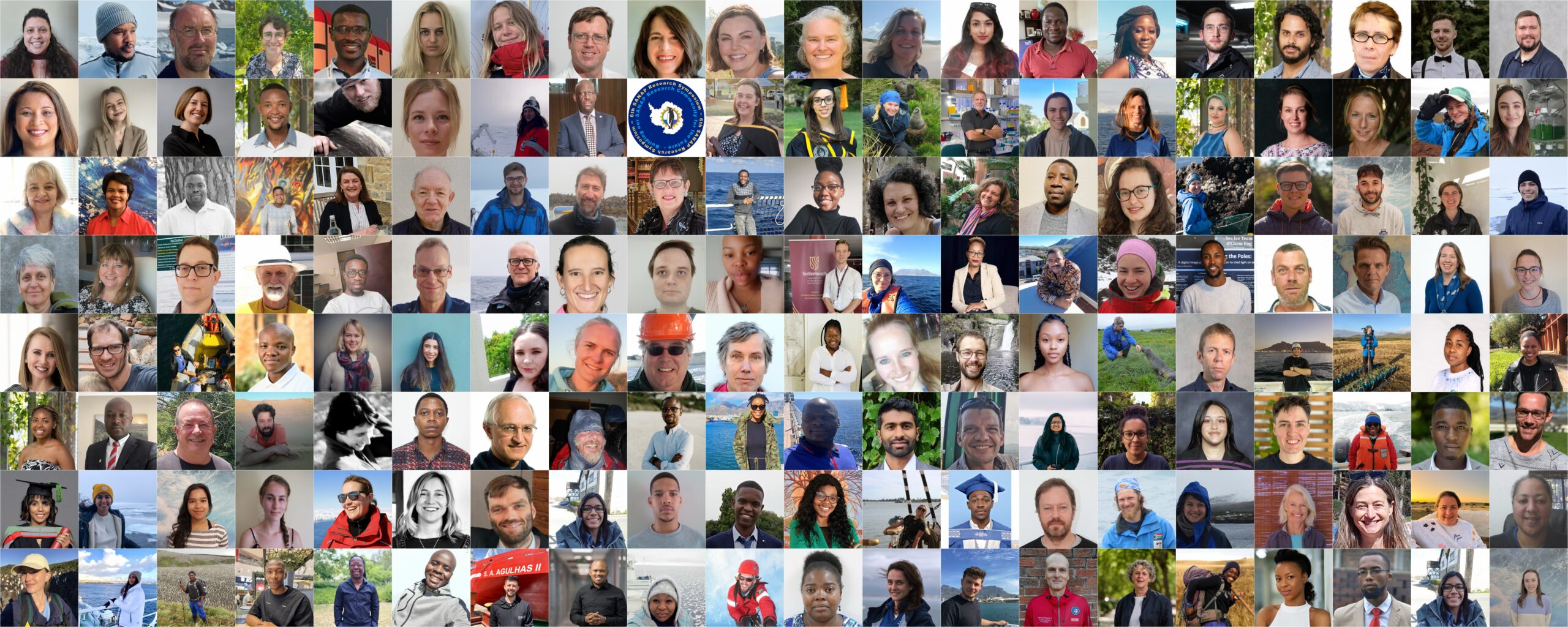 The organising committee would like to thank all participants and attendees for making the 6th SANAP symposium a success and achieving its aim in building a SANAP research Community for the future. We are looking forward to the next Symposium in Kruger National Park in 2025 that will be hosted by a consortium of University of Johannesburg, Fort Hare University and the University of the Free State.
The organising committee would like to thank all participants and attendees for making the 6th SANAP symposium a success and achieving its aim in building a SANAP research Community for the future. We are looking forward to the next Symposium in Kruger National Park in 2025 that will be hosted by a consortium of University of Johannesburg, Fort Hare University and the University of the Free State.
Comment by an ECR: “This was my very first SANAP symposium and it was absolutely incredible! Job well done to all those who assisted in organizing the event. Although it was a jam-packed week, the sessions were extremely interesting and well organized. The location was a perfect venue choice for this kind of event – especially for people to mingle, engage with one another and building strong relationships as well as for making connections for potential research collaborations. I am really impressed with the big focus that this symposium had on Early Career Researchers – I think it is a great way of getting the younger professionals more involved and to network! Congrats on pulling off a very successful SANAP Symposium!”
More will follow of the symposium and sessions that took place with a photos.
A huge thank you to the NRF for making the symposium possible and to all our suppliers and sponsors; Houw Hoek Hotel, Neelsie Travel Bureau, Adjuvo enterprises, Trilogy Audio Services, Crazylicous Cookies.
Featured Image: David Hedding
Image of signatures on Antarctica map : Anche Louw
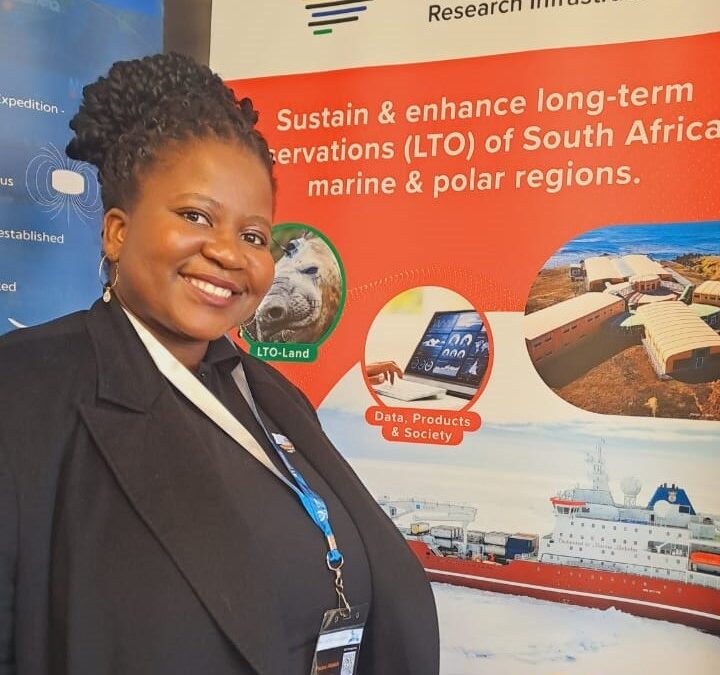
by Ria Olivier | Nov 30, 2023 | Announcement, Legacy, Obituary, Oceanography, Research, SA Polar Research Infrastructure, SAPolarRI, SAPRI, SEAmester, Southern Ocean, Women in Science
It is with great sadness that we announce the untimely passing of Dr Precious Thembumuzi Mahlalela.
Dr Mahlalela, Research Coordinator of the South African Polar Research Infrastructure (SAPRI) LTO-Ocean Integrated Facility, passed away on 28 November 2023 after a short battle with cancer.
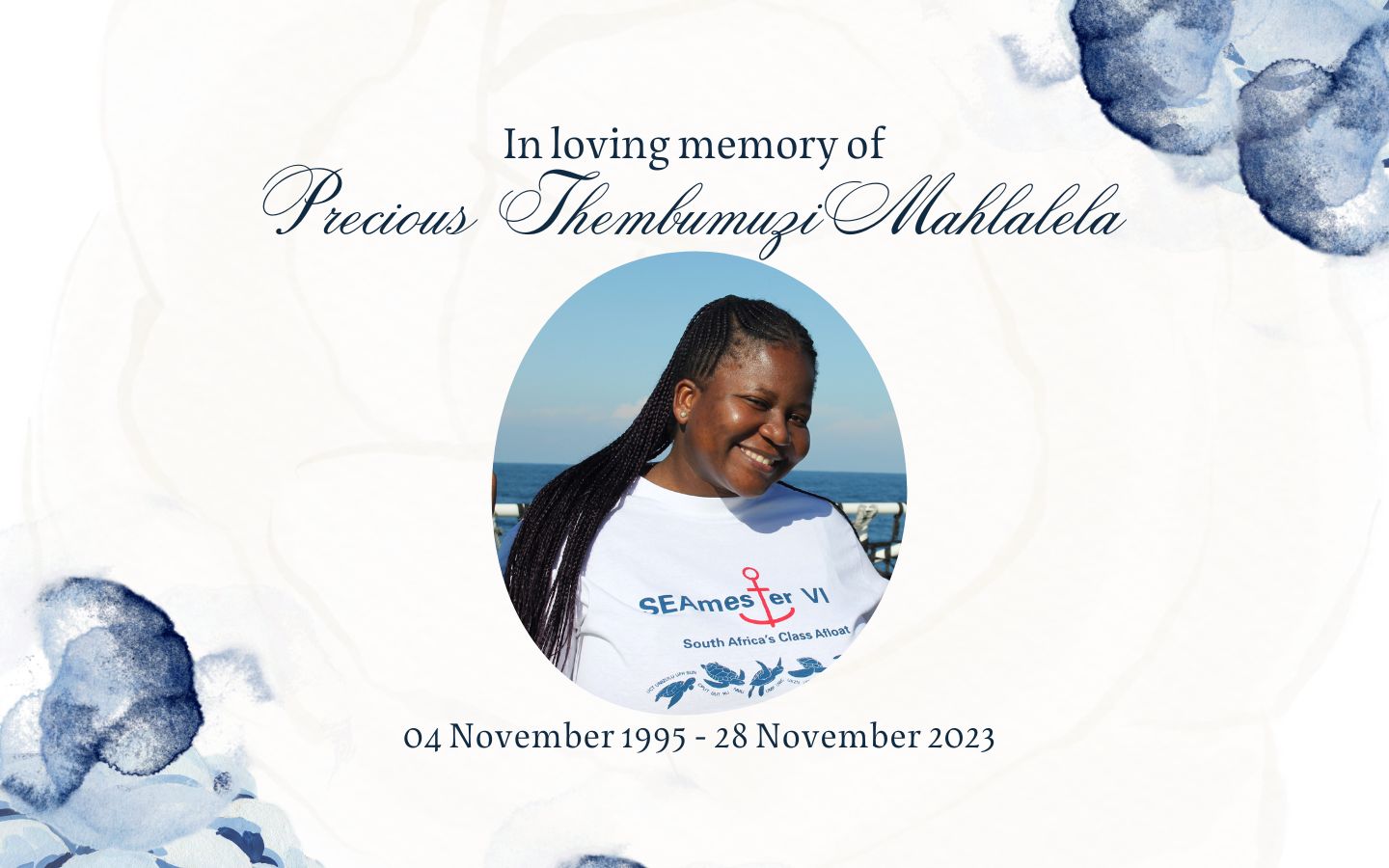
Dr Mahlalela joined NRF-SAEON (host of SAPRI) in May 2023 at the same time as successfully finishing off the corrections for her PhD in Ocean and Atmospheric Sciences thesis, entitled Variability and Trends in Rainy Season Characteristics of the Eastern Cape. She was due to graduate in December.
Upon joining the SAPRI team, she threw herself straight into the adventure, assisting with SEAmester and providing great support at sea. As soon as she was back on dry land she flew to China to learn about moorings. Although this was her first international trip, she approached it like the other challenges she has faced, with a calm and humble attitude, open to learning and new experiences. Upon her return, she insisted on accompanying the SEAON team on a science engagement roadshow in the Western Cape to inspire young minds. She continued to work with the same positive energy and gentle sense of humour that endeared her to everyone.
“In the short time she was with us at SAPRI she became part of our family. Taken from us far too soon, her light will continue to shine through the friendships she made, the individuals she worked with, and the souls she ignited with inspiration. Fair winds and following seas, shipmate. We have the watch now” Prof Juliet Hermes – SAPRI and SAEON Egagasini Manager.
Dear Precious
Your warmth and gentle spirit shone so brightly that any room you walked into lit up with a soft glow. You were an angel on this earth who combined both a bubbly and calming presence and we will miss you more than any words can convey. We were so honoured to have worked with you.
Go gently dearest Precious. With love, from the SAPRI team.
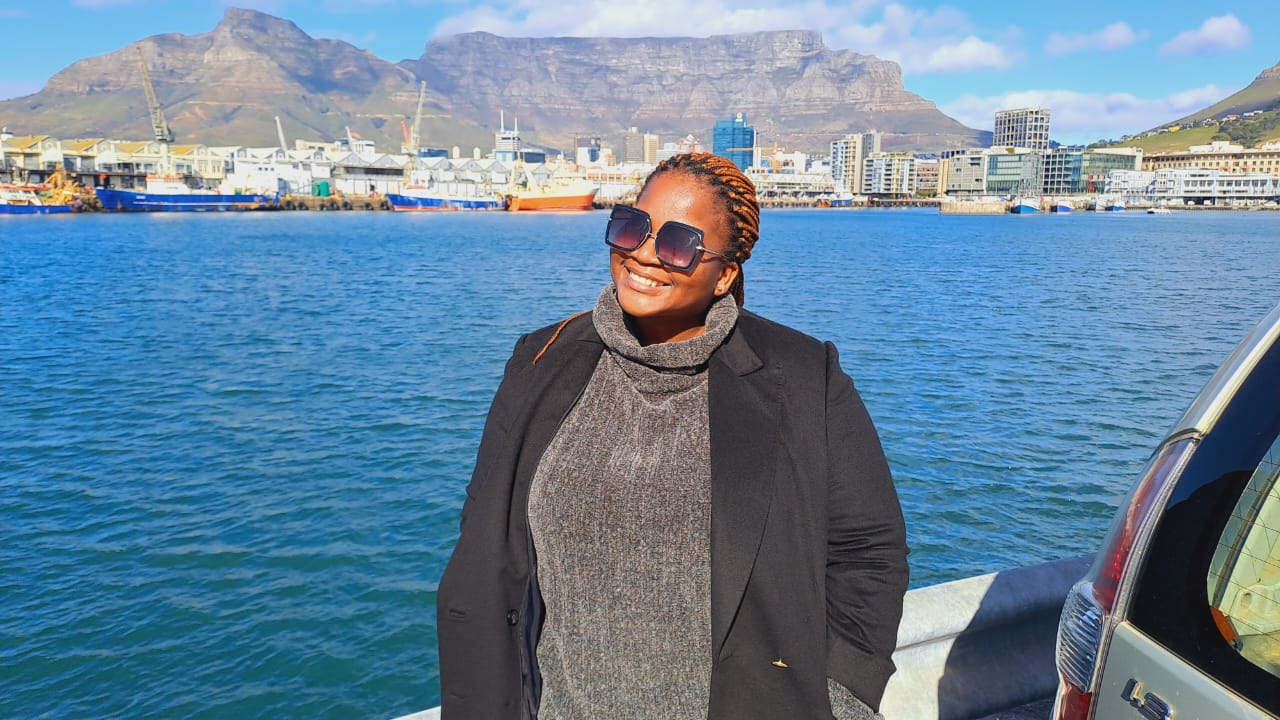
The SAPRI team and SAEON Egagasini team will miss you dearly.
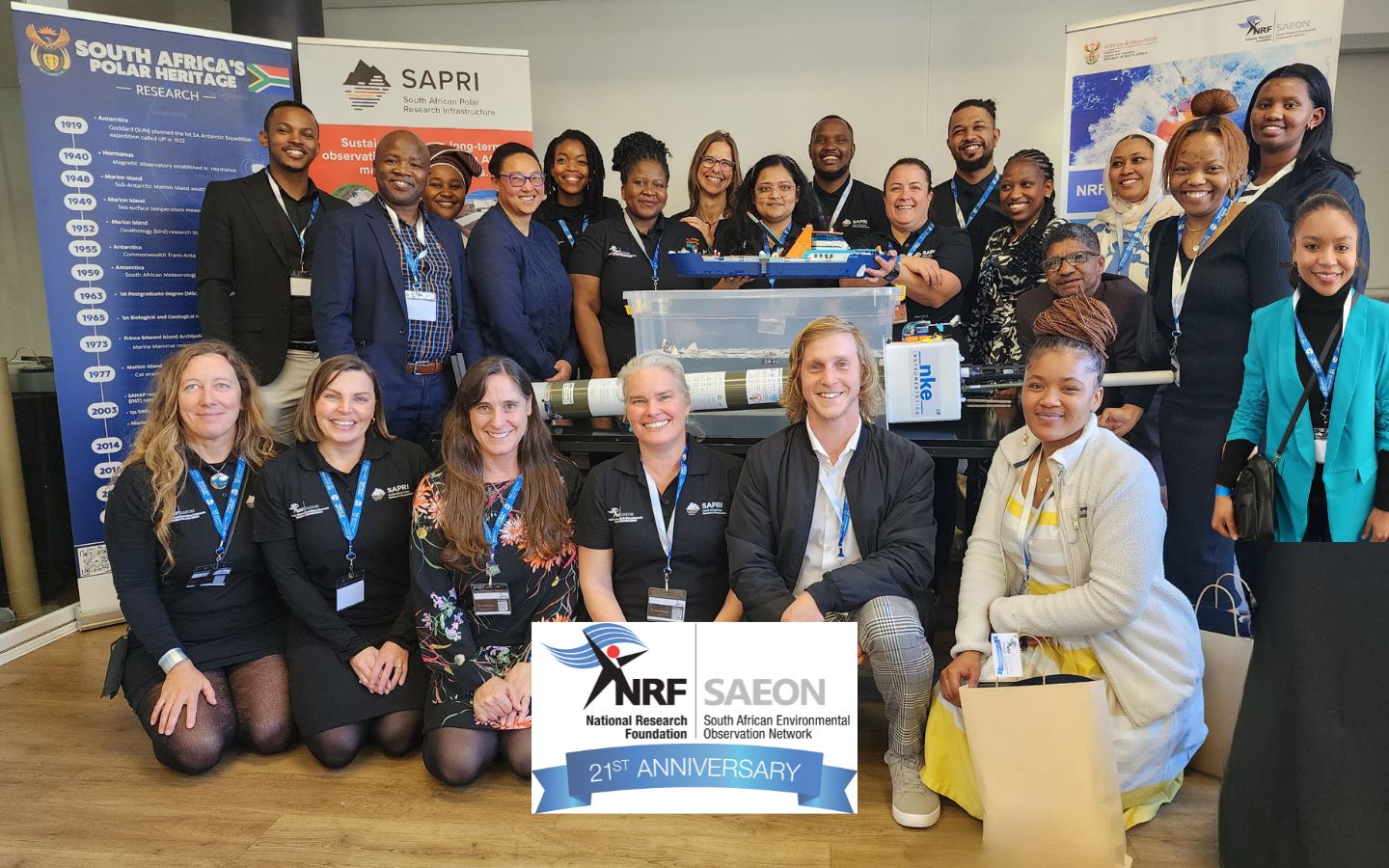
Our deepest condolences to Precious’s family, friends and everyone who had the privilege of meeting her.
Obituary of Precious Mahlalela by Juliet Hermes, Tammy Morris, Anne Treasure, Errol Julies, Anche Louw, Abu Nguna, Rabia Mathakutha and Riesna R. Audh, 30 November 2023.
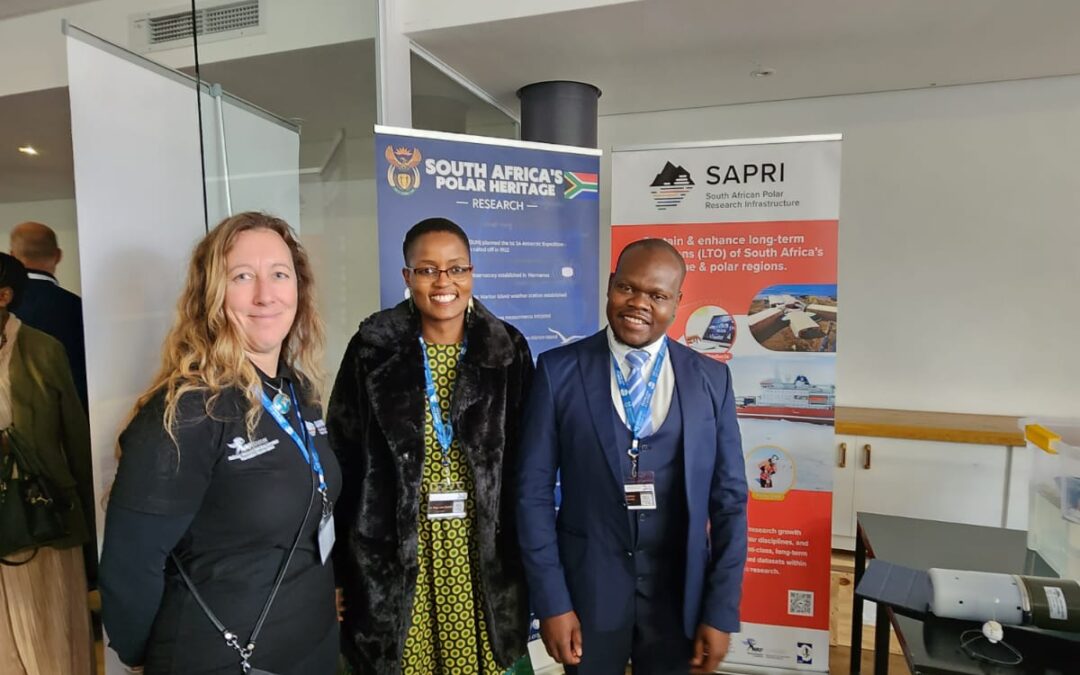
by Ria Olivier | Sep 9, 2023 | Announcement, Antarctica, Gough Island, News, Research, SA Agulhas II, SA Polar Research Infrastructure, SANAE IV, SANAP, SAPolarRI, SAPRI, Science, SEAmester, Southern Ocean, Stations, STEM
The South African Environmental Observation Network (SAEON) is a business unit of the National Research Foundation (NRF).
NRF SAEON celebrated its 21st anniversary on 7 September 2023. See the event programme below.
It is inspiring to see what SAEON has achieved over 21 years. “SAEON encompasses seven Research Nodes throughout South Africa and a National Office that is located in the country’s political capital of Pretoria” (Read more about the nodes here).
SAEON manages three research infrastructures developed by the Department of Science and Innovation (DSI) as part of the South African Research Infrastructure Roadmap (SARIR). The South African Polar Research Infrastructure (SAPRI) is one of the three research infrastructures, and was established in 2021 (see the SAPRI timeline here). The SAPRI hub is located in the SAEON Egagasini Node offices in Cape Town.

The SAEON Egagasini Node and SAPRI team at the NRF SAEON 21st Anniversary. Video: click on the image.
Anche Louw, South African Polar Research Infrastructure, 09 September 2023
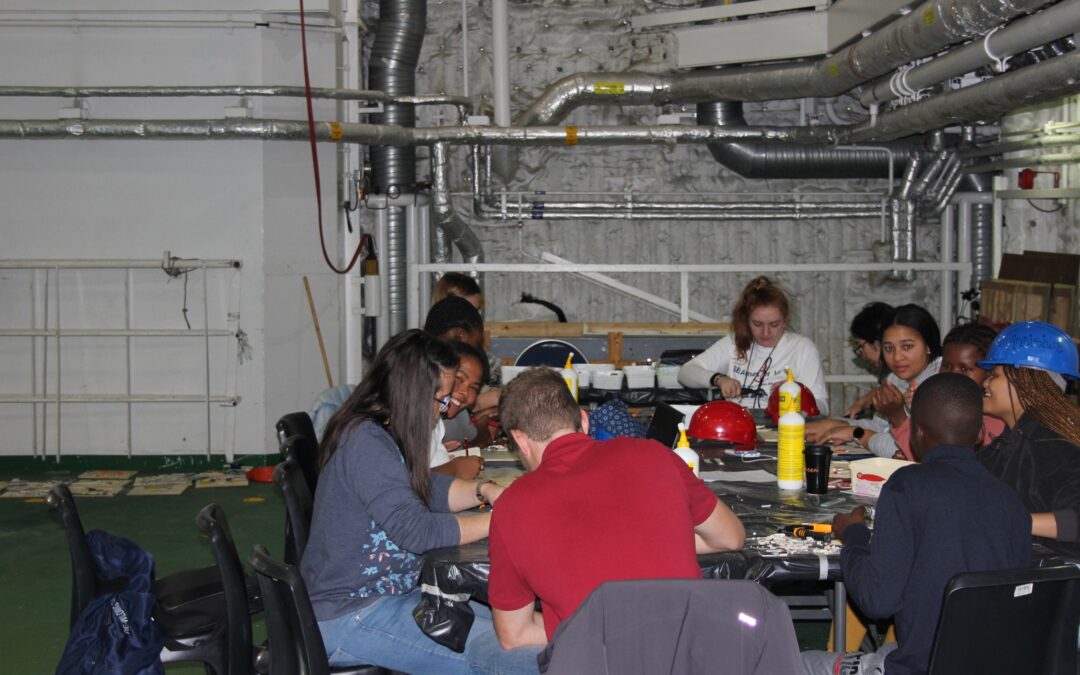
by Rabia Mathakutha | Jul 26, 2023 | Environment, Oceanography, Research, SA Agulhas II, SA Polar Infratsructure, SA Polar Research Infrastructure, SANAP, SAPolarRI, SAPRI, Science, SEAmester
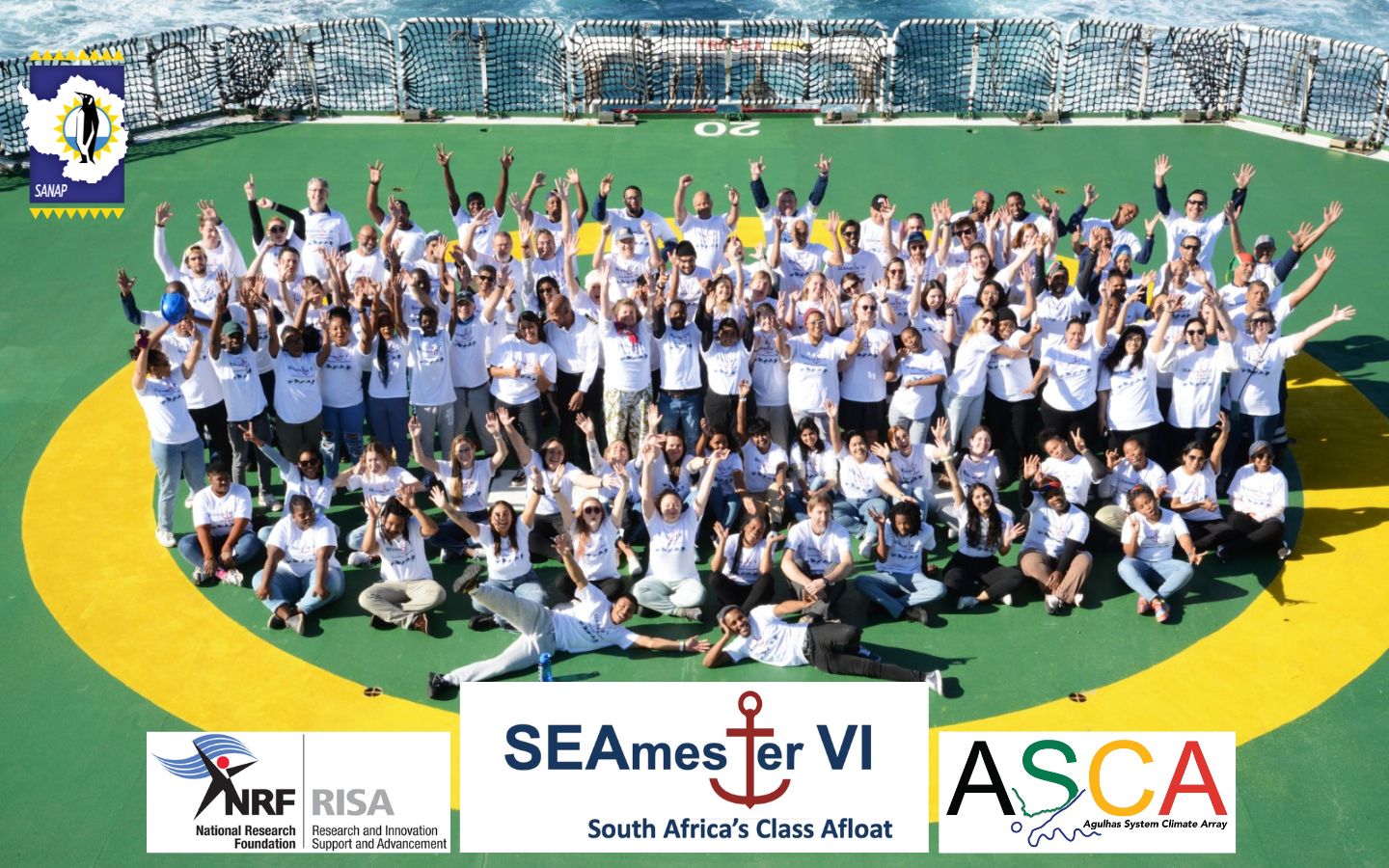
SEAmester – South Africa’s Class Afloat in association with the Agulhas System Climate Array (ASCA).
June 2023 saw the success of the 6th SEAmester expedition, a programme aimed at accelerating marine science as an applied and cross-disciplinary field to postgraduate students all over South Africa. Forty-seven science students from institutions across the country made it through the programme and participated in the SEAmester ten-day at-sea practical training course aboard the flagship South African research vessel, S.A. Agulhas II. The programme was led by Prof. Isabelle Ansorge, head of the Department for Oceanography at the University of Cape Town (UCT) and initiator of the programme; and coordinated by Tahlia Henry.
SEAmester is a programme initiated to meet the Department of Science and Innovation (DSI) objectives of creating platforms to “attract young researchers to the region and retain them by exciting their interest in aspects of global change”. SEAmester introduces marine science as an applied and cross-disciplinary field to students. The strength of SEAmester is that postgraduate students combine theoretical classroom learning with the application of this knowledge through ship-based and hands-on research.
SEAmester was undertaken in collaboration with ASCA, a science project spearheaded by DSI and the South African Environmental Observation Network (SAEON), Egagasini Node. ASCA is a multi-institutional, international collaboration, whose objectives are to determine how the Agulhas Current and its role in the global conveyor belt varies over time by providing the first long-term observations of Agulhas Current volume, heat and salt transport and its variability through seasonal to interannual timescales. To read more about ASCA click here.
Since ASCA provides a large, international programme performing ground-breaking science, and is also being used as a training platform for students, interns and junior staff, teaming SEAmester with ASCA makes an excellent match, one that has worked successfully for all SEAmester expeditions to date.
Students taking photos and soaking in the views as they bid farewell to Cape Town en route to the expedition.
Setting sail
The S.A .Agulhas II voyaged from East Pier, Cape Town on 20 June 2023 to the Agulhas Current, off East London, and docked back in Cape Town on 29 June 2023. The expedition involves running a transect across the core of the Agulhas Current off Port St Johns. The SEAmester VI expedition encompassed a group of forty-three postgraduate students from various Higher Education Institutions (HEIs) across the country (both inland and along the coast), including, two high school learners from the Northwest School, and two junior scientists from Anchor Environmental Consultants, as part of expending its network and reach.
The first two days of the voyage en route to the ASCA transect gave all on board a chance to settle in and combat their seasickness. Among the bird, mammal and weather observations along the way, the students managed to get further acquainted with life at sea.
SEAmester VI Activities
The students were divided into two module steams, “Tools of the Trade” and “Oceans in a Changing Climate”. Oceans in a Changing Climate focuses on the biological aspect of the ocean, the role of the ocean as a carbon source and carbon sink, the interconnectivity of the ocean with the atmosphere and how it affects life in the sea. Tools of the Trade focuses on various methods of measuring the physical properties of the ocean, using an assortment of instrumentation each comprising highly expensive sensors.
Learning comprised of daily class-room lectures, daily assignments and deck work – running in parallel to the ASCA programme. Students from both streams provided research support to specialist scientists and obtained daily hands-on deck training, data collection, sampling and data analysis. Each student gained experience working with the full suite of oceanographic, atmospheric and biological ship-based instrumentation such as CTD, underway measurements and autonomous devices such as Argo, SVP drifters, as well as experience on biological net tows. Training on data analysis following each dedicated SEAmester CTD station was provided, as well as technical and electronic experience in calibrating and modifying each instrument. In addition, a third stream is offered to all students which is the “Art” stream, this allows students to be creative in tasks such as tiled mosaics, photography, and documenting their cruise through journals and film-making. The students also had to work on a specific scientific mini-project related to their area of interest and the scientific research underway.
The spectrum of lectures included Introduction to Physical Oceanography, Microbiology and DNA, Benthic Environment, Oxygen and Nutrients, Molluscs, Seals and Dissections, Micro-plastics, Blue Economy, Oil spills, Maritime Archaeology, Hydrography, GIS Mapping, Film, Photography, Astronomy, Engineering, Acoustics, and Phytoplankton; presented by highly skilled lecturers and professionals from South Africa’s HEIs and organisations alike.
SEAmester VI Takeaways
The jam-packed SEAmester and ASCA operations ran smoothly with no issues to report for the entire expedition. The students were dedicated and rose to the challenge and completed their projects timeously. The programme came to an end on the morning of the 29th of June after the students showcased their SEAmester movies about their journey and received their completion of the programme certificates. The students were then treated to a cake by the SA Agulhas II crew. An art exhibition and farewell gathering was held the night before, where students reflected on their journey and the expedition, expressing that SEAmester has been rewarding both educationally and in terms of the network and connections they made. A social braai and themed party were held on one of the last nights, during this time, all the students and staff came together to unwind after all the tasks had been submitted.
With that said, the biggest success of SEAmester remains to be its ability to break down social, cultural, economical, and racial barriers between students and in doing so build the next generation of integrated marine scientists in South Africa.
SEAmester-South Africa’s Floating University is a NRF-SANAP funded project. Click on the link below to view all the current NRF-SANAP funded projects.
NRF-SANAP funded projects
Featured Image credit: Associate Professor Svea Josephy, Fine Art (photography) at the Michaelis School of Fine Art, University of Cape Town.
Images: Rabia Mathakutha, South African Polar Research Infrastructure; Megan Maroen, Stellenbosch University.
Rabia Mathakutha, South African Polar Research Infrastructure, 26 July 2023.

by Ria Olivier | Mar 18, 2023 | Announcement, SA Agulhas II, SEAmester, Southern Ocean
Call for student and lecturer applications for SEAmester VI!
CLOSING date 14 APRIL 2023.
South Africa’s Class Afloat aims to introduce marine science as an applied and cross-disciplinary field to students who have shown an affinity for core science disciplines
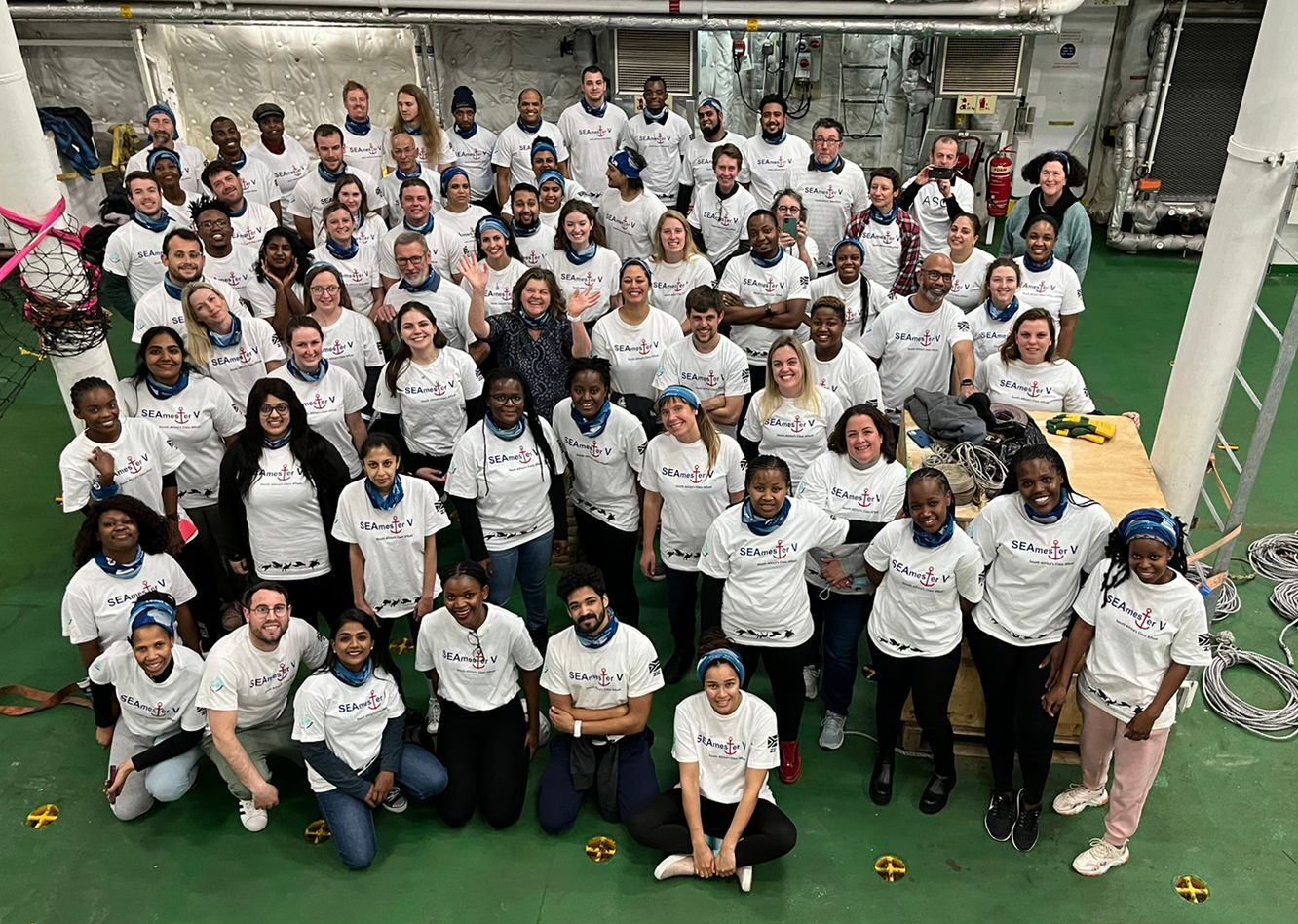 SEAmester V 2022 (read more about SEAmester cruises)
SEAmester V 2022 (read more about SEAmester cruises)
Applications are now open for LECTURER and STUDENT participation on the 2023 SEAmester-South Africa’ Class Afloat Programme. CLICK HERE
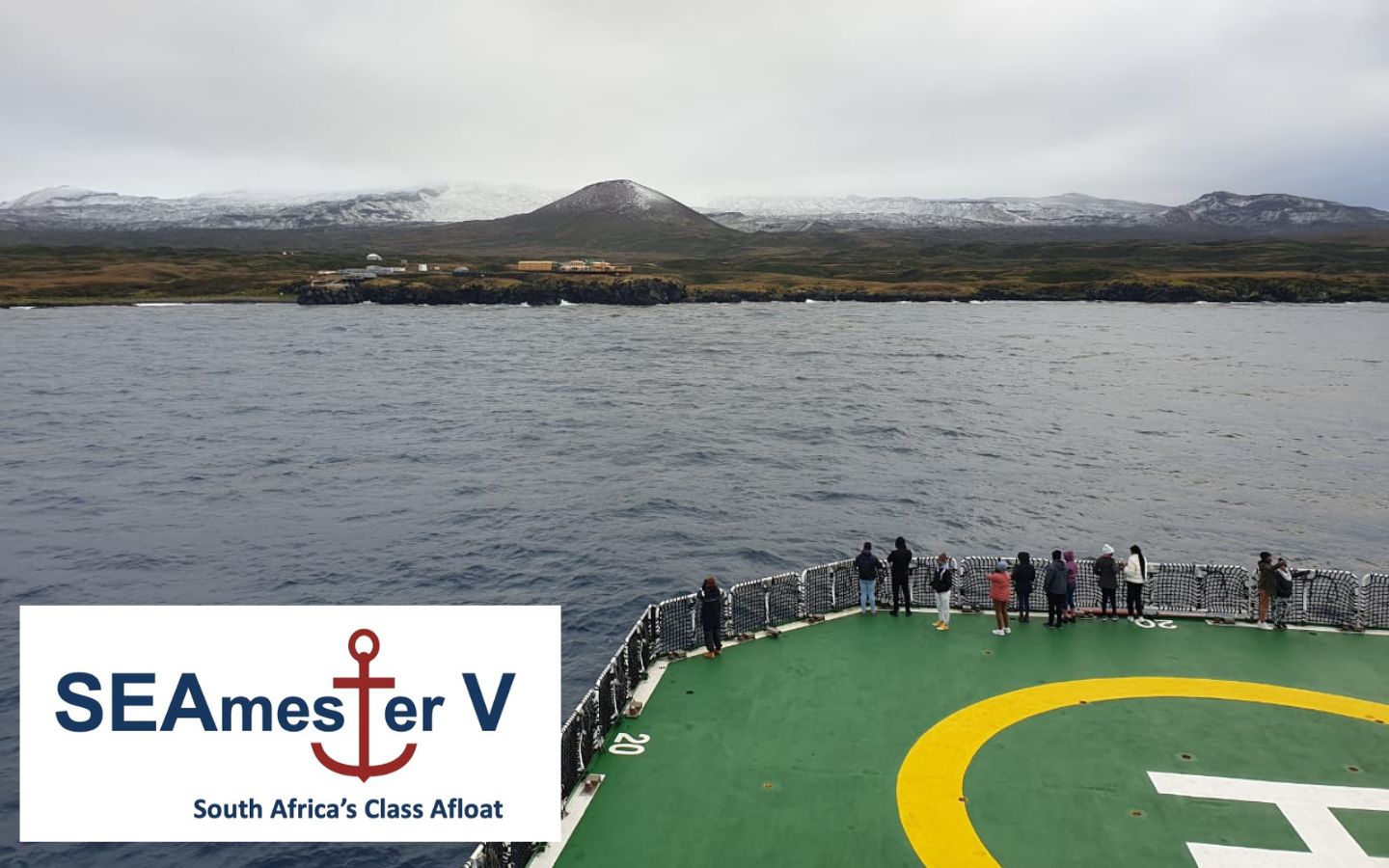 The Department of Science and Innovation requires platforms to “attract young researchers to the region and retain them by exciting their interest in aspects of global change”. SEAmester introduces marine science as an applied and cross-disciplinary field to students. Its long‐term vision is aimed at building capacity within the marine sciences by co‐ordinating cross‐disciplinary research projects through a highly innovative programme. The strength of SEAmester is that postgraduate students combine theoretical classroom learning with the application of this knowledge through ship-based and hands-on research. The state‐of‐the‐art research vessel, S.A. Agulhas II, provides the ideal teaching and research platform for SEAmester; its size, comfort and shipboard facilities allow large groups of students and lecturers to productively interact over a period of 10 days.
The Department of Science and Innovation requires platforms to “attract young researchers to the region and retain them by exciting their interest in aspects of global change”. SEAmester introduces marine science as an applied and cross-disciplinary field to students. Its long‐term vision is aimed at building capacity within the marine sciences by co‐ordinating cross‐disciplinary research projects through a highly innovative programme. The strength of SEAmester is that postgraduate students combine theoretical classroom learning with the application of this knowledge through ship-based and hands-on research. The state‐of‐the‐art research vessel, S.A. Agulhas II, provides the ideal teaching and research platform for SEAmester; its size, comfort and shipboard facilities allow large groups of students and lecturers to productively interact over a period of 10 days.
SEAmester will depart on the 19th June returning to Cape Town on the 30th June 2023. PLEASE NOTE: Applicants to be aware that the cruise dates may be subject to change by a few days. For further information please refer to www.SEAmester.co.za
DEADLINE FOR APPLICATIONS : 14 APRIL 2023
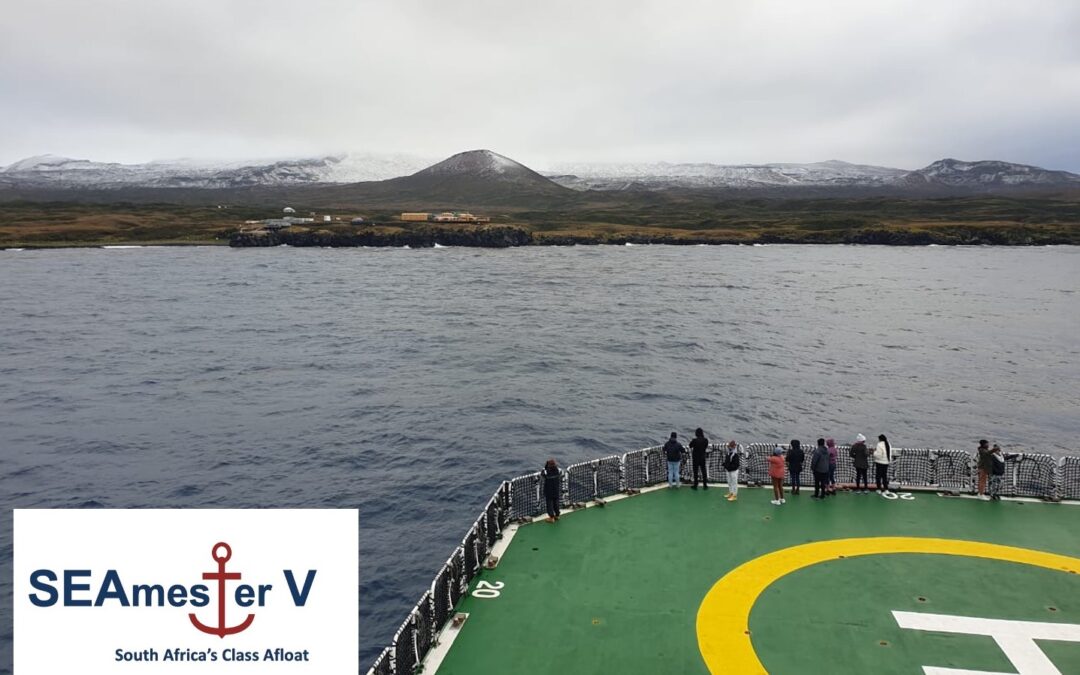
by Ria Olivier | Jul 21, 2022 | Research, SA Agulhas II, Science, SEAmester, Southern Ocean

SEAmester – South Africa’s Class Afloat was started by Prof Isabelle Ansorge, Head of Oceanography, UCT in 2016 and coordinated by Tahlia Henry.
The program was birthed in the wake of formerly known as DST’s, Global Grand Challenge was issued to explore platforms that “attract young researchers to the region and retain them by exciting their interest in aspects of global change; while developing their capacity and professional skills in the relevant fields of investigation”. SEAmester has fulfilled this challenge with a program designed to bring together South African postgraduate students, within the marine sciences from over 19+ universities to participate in a multi-disciplinary learning cruise aboard flagship research vessel, the S.A. Agulhas II.
After a long 2-year long hiatus of the SEAmester program, due to the COVID-19 pandemic, SEAmester made a valiant return this year setting sail on the 27th of June – the 8th of July 2022.
A number of eager students applied this year but only 37 were selected and divided into two separate streams, namely “Tools of the Trade” and “Oceans in a Changing Climate”. Each stream caters to the vast world of marine science, with “Tools of the Trade” focussing on instrumentation/physical oceanography and the “Oceans in a Changing Climate” focusing on biological/chemical oceanography. Each stream has a dedicated team of lecturers on board who deliver comprehensive lectures and talks followed by hands-on deck work and practicals on a daily basis. A third stream is offered to all students which is the “Art” stream, this allows students to be creative in tasks such as tiled mosaics, photography, and documenting their cruise through film-making.
Meet the Students Meet the Lecturers
Students are also able to interact and work alongside a team of scientists onboard performing research along a monitoring line – ASCA (Agulhas System Climate Array). This year, SEAmester took on a slightly different cruise plan with a detour to the sub-Antarctic Prince Edward Islands. The science objectives on board were altered to accommodate the detour and set to hunt down and sample an anti-cyclonic eddy forming off the Agulhas bank.
Students were exposed to exciting benthic dredge work, CTDs casts, and Argo Float deployments across the anti-cyclonic eddy. Aside from their science engagements on deck, students were tasked with a number of projects and practicals which they presented on towards the end of the voyage. Students were given a full schedule but the highlight of this voyage and the unexpected golden nugget was being able to see Marion Island in the heart of winter, an experience I’m sure most won’t forget.
This SEAmester voyage was challenging in many aspects however the rewards far out way any trials we faced. Being at sea has a plethora of challenges which one needs to overcome, even more so when a full schedule is adhered to. But we have no doubt that this year’s SEAmester students rose to these challenges and walked away with not only a wealth of knowledge but also learnt some key life lessons and made everlasting friendships. With that said the biggest success of SEAmester remains to be its ability to break down social, cultural, economical, and racial barriers between students and in doing so build the next generation of marine scientists.

SEAmester V Student testimonials
“SEAmester V exceeded all of our expectations! I am truly blessed to have been given the opportunity to learn from the scientists and gain hands-on experience on the decks of the SA Agulhas II. I will forever cherish the memories & friendships that were made :)” – Zaahid Khan, WITS
“What an opportunity! What a lifetime experience! I’m beyond grateful for the chance I got to be part of the SEAmester Cruise of 2022. I got to experience and appreciate life in the ocean for the first time, met wonderful new people, and got to engage with experts from various fields in the marine sciences. Plus the FOOD was Amazing lol. ” – Sitha Ntlokwana, FHU
“The breadth of exposure to the different realms within marine research that SEAmester offered was truly extraordinary! From tiny parasites, to benthic diversity, to large scale climatic patterns, and everything in between. The hands on learning approach and type of sampling that we got to be apart of surpassed my every expectation. SEAmester was truly one of the most unique and exceptional experiences of my life. “ – Bianca Ferreira, WITS
“Being a part of the SEAmester cruise has been a once in a lifetime adventure, I am profoundly grateful for being granted the opportunity. I have gained insightful knowledge and expertise of oceanography that I will apply in my studies. The memories made with the scientists I met will forever be in my heart and I’m glad that I can now call them my friends.♥️” – Faith Mshiywa, FHU
“SEAmester was, for me, the best introduction to a research vessel. The experience broadened my view on what opportunities are available in my field and it was great to spend almost two weeks with like-minded scientists. On top of everything we were treated with the view of Marion Island.” – Michelle Hamman, NWU
Tahlia Henry, Antarctic Legacy of South Africa, 21 July 2022
Cover photo and article photos: Tahlia Henry.

 Over a period of 5 days 172 people participate in the 6th SANAP symposium. A lot has happened in the past 4 years since the last symposium in Hermanus in 2018 and feedback on research and other activities within SANAP featured on the program. The symposium was hosted by Stellenbosch University at Houw Hoek Hotel in the Grabouw valley where the participants built on a SANAP Research community for the future.
Over a period of 5 days 172 people participate in the 6th SANAP symposium. A lot has happened in the past 4 years since the last symposium in Hermanus in 2018 and feedback on research and other activities within SANAP featured on the program. The symposium was hosted by Stellenbosch University at Houw Hoek Hotel in the Grabouw valley where the participants built on a SANAP Research community for the future. The purpose of the symposium was to facilitate the free exchange of scientific information within SANAP research. In the Marine and Antarctic Research strategy it states that: “The need for coordinated, extensive and targeted research in the marine and oceanic domain has been underlined. Coordination has become important as there has been a shift in marine science from resources and process studies that could be carried out by small groups or individuals to very large-scale regional climate and ecosystem studies, where the success, nooses and benefits lie in the coordination.” One of the strategies outlined is: “creation of a society informed on the value of marine and Antarctic research initiatives.”
The purpose of the symposium was to facilitate the free exchange of scientific information within SANAP research. In the Marine and Antarctic Research strategy it states that: “The need for coordinated, extensive and targeted research in the marine and oceanic domain has been underlined. Coordination has become important as there has been a shift in marine science from resources and process studies that could be carried out by small groups or individuals to very large-scale regional climate and ecosystem studies, where the success, nooses and benefits lie in the coordination.” One of the strategies outlined is: “creation of a society informed on the value of marine and Antarctic research initiatives.”
 It was the first time that so many South African polar researchers were together on the 1st December on International Antarctic Day and a special Antarctic Breakfast took place to commemorate this International Day. A map of Antarctica, was signed and a cake was provided to celebrate the occasion.
It was the first time that so many South African polar researchers were together on the 1st December on International Antarctic Day and a special Antarctic Breakfast took place to commemorate this International Day. A map of Antarctica, was signed and a cake was provided to celebrate the occasion. The organising committee would like to thank all participants and attendees for making the 6th SANAP symposium a success and achieving its aim in building a SANAP research Community for the future. We are looking forward to the next Symposium in Kruger National Park in 2025 that will be hosted by a consortium of University of Johannesburg, Fort Hare University and the University of the Free State.
The organising committee would like to thank all participants and attendees for making the 6th SANAP symposium a success and achieving its aim in building a SANAP research Community for the future. We are looking forward to the next Symposium in Kruger National Park in 2025 that will be hosted by a consortium of University of Johannesburg, Fort Hare University and the University of the Free State.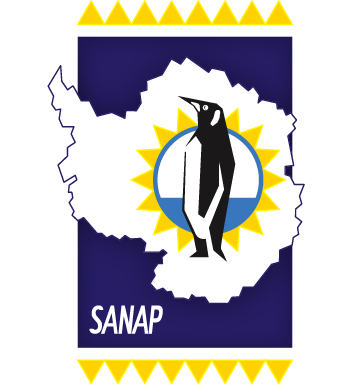








 SEAmester V 2022 (
SEAmester V 2022 ( The Department of Science and Innovation requires platforms to “attract young researchers to the region and retain them by exciting their interest in aspects of global change”. SEAmester introduces marine science as an applied and cross-disciplinary field to students. Its long‐term vision is aimed at building capacity within the marine sciences by co‐ordinating cross‐disciplinary research projects through a highly innovative programme. The strength of SEAmester is that postgraduate students combine theoretical classroom learning with the application of this knowledge through ship-based and hands-on research. The state‐of‐the‐art research vessel, S.A. Agulhas II, provides the ideal teaching and research platform for SEAmester; its size, comfort and shipboard facilities allow large groups of students and lecturers to productively interact over a period of 10 days.
The Department of Science and Innovation requires platforms to “attract young researchers to the region and retain them by exciting their interest in aspects of global change”. SEAmester introduces marine science as an applied and cross-disciplinary field to students. Its long‐term vision is aimed at building capacity within the marine sciences by co‐ordinating cross‐disciplinary research projects through a highly innovative programme. The strength of SEAmester is that postgraduate students combine theoretical classroom learning with the application of this knowledge through ship-based and hands-on research. The state‐of‐the‐art research vessel, S.A. Agulhas II, provides the ideal teaching and research platform for SEAmester; its size, comfort and shipboard facilities allow large groups of students and lecturers to productively interact over a period of 10 days. 

